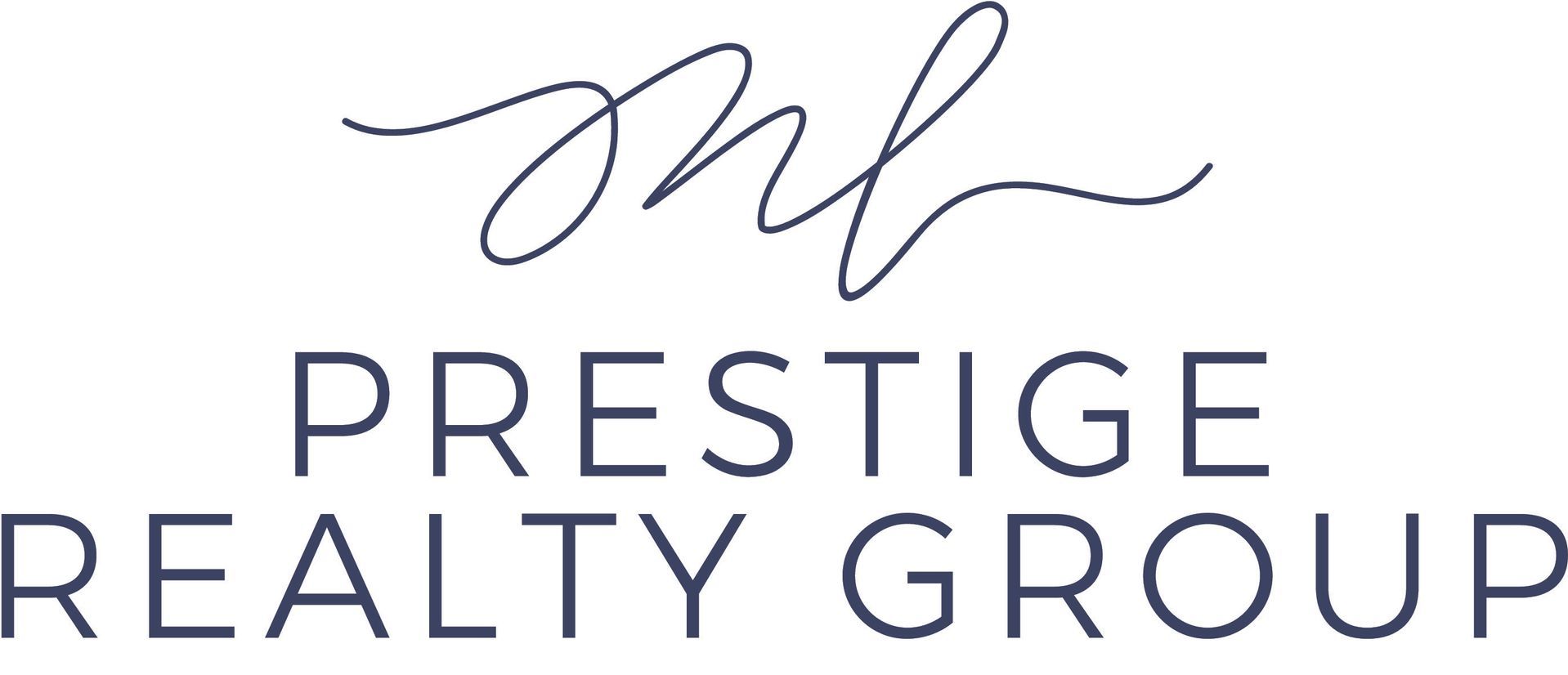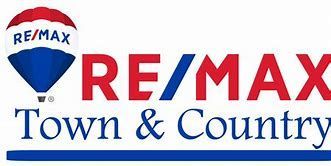Down Payment Myths That Might Be Holding You Back
If you’re a first-time homebuyer, you’ve probably heard it all: “You need 20% down,” “FHA loans are only for people with perfect credit,” “You’ll never build equity unless you put big money upfront.”
Spoiler alert: none of that is true.
The reality is, most buyers don’t put 20% down, and plenty of programs exist to help you get those keys sooner than you think. Let’s bust some of the biggest myths—with real numbers, resources, and just enough humor to keep you awake.
Myth #1: You Must Have 20% Down
The 20% down rule is the real estate equivalent of an urban legend. Yes, it avoids private mortgage insurance (PMI), but it’s not required. The average first-time buyer puts down around 6–7%.
Reality Check: Many lenders accept as little as 3% down. PMI isn’t forever—it typically falls off once you’ve reached 20% equity.
Example: What Does PMI Really Cost?
- Home Price: $300,000
- 20% Down: $60,000
- 5% Down: $15,000
With 5% down, you’ll pay PMI—let’s call it about $190/month. Would you rather pay that for a couple years, or save an extra $45,000 while home prices climb higher? (Yeah, thought so.)
Myth #2: FHA Loans Require Perfect Credit
FHA loans exist because most first-time buyers don’t have perfect credit.
Reality Check: You can buy with as little as 3.5% down and a credit score starting at 580.
Example: FHA vs. Conventional
- FHA Loan (3.5% Down): $10,500
- Conventional Loan (20% Down): $60,000
That’s nearly $50,000 less in upfront cash. FHA does require mortgage insurance, but it’s often a small price for the ability to buy now.
Myth #3: VA Loans Are Only for Active Military
VA loans are one of the best-kept secrets in real estate.
Reality Check: They’re available to veterans, active duty, National Guard, Reservists, and even some surviving spouses. Benefits include zero down and no PMI.
Example: VA Loan Savings
- Conventional Loan (5% Down): $15,000 upfront + $190/month PMI
- VA Loan (0% Down): $0 down + $0 PMI
That’s $15,000 you get to keep in your pocket—and probably a lower monthly payment, too.
Myth #4: You Need to Drain Your Savings
Here’s the secret sauce: down payment assistance (DPA) programs. These can provide grants, forgivable loans, or low-interest loans to cover some or all of your down payment.
Reality Check: Every state has programs, and some cities/counties offer extra help.
Example: Local Programs in NC, SC, and GA
- North Carolina – NC Home Advantage Mortgage™
Offers down payment assistance up to
3% of the loan amount for qualified buyers. On a $300,000 loan, that’s
$9,000 in help.
- South Carolina – SC Housing Palmetto Home Advantage
Provides up to 3% down payment assistance with reduced mortgage insurance costs. That’s another $9,000 on a $300,000 loan.
SC Housing Programs
- Georgia – Georgia Dream Homeownership Program
Offers up to $10,000 in assistance, or $12,500 if you’re a public protector, healthcare worker, educator, or military service member.
Georgia Dream Program
Example: Georgia Dream Scenario
- FHA 3.5% Down on $300K: $10,500
- With $10,000 Georgia Dream Assistance: $500 out of pocket
That’s less than a weekend trip to Costco—without the giant pack of paper towels. Click the link below to search nationwide for down payment assistance programs!
Myth #5: Smaller Down Payments Mean You’ll Never Build Equity
Starting small doesn’t mean staying small. Equity grows through home appreciation and paying down your loan.
Example: One Year of Equity Growth
- $300,000 Home with 5% Down ($15,000)
- Home appreciates 4%: Now worth $312,000 (+$12,000)
- Loan principal paid down: ~$5,000
Total Equity after 1 year: $32,000.
You more than doubled your initial investment—while renters were just helping their landlord build equity. Click the link below to read the Freddie Mac blog on building wealth through home ownership.
The Bottom Line
Don’t let outdated myths hold you back. FHA and VA loans, down payment assistance, and low-down conventional loans mean you’re probably closer to homeownership than you think.
✨ Ready to run the numbers? I’ll help you sort through the options so you can spend less time stressing about down payments and more time planning your first housewarming party.






